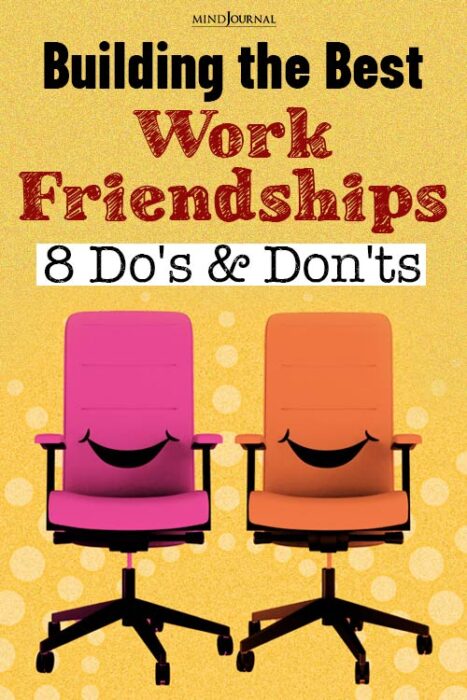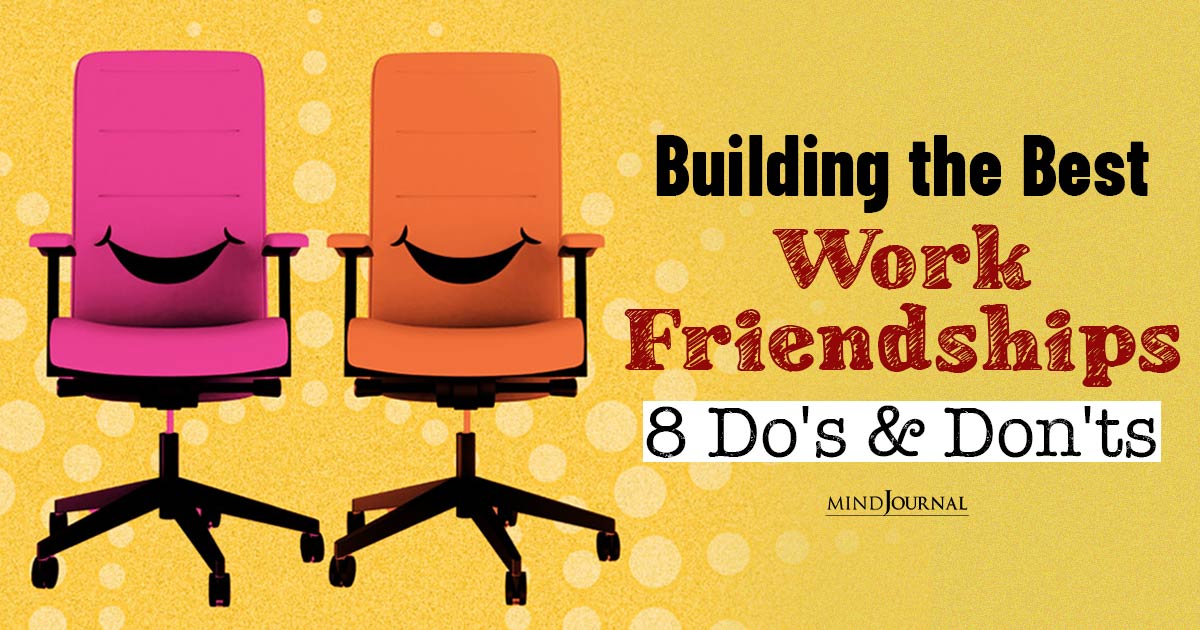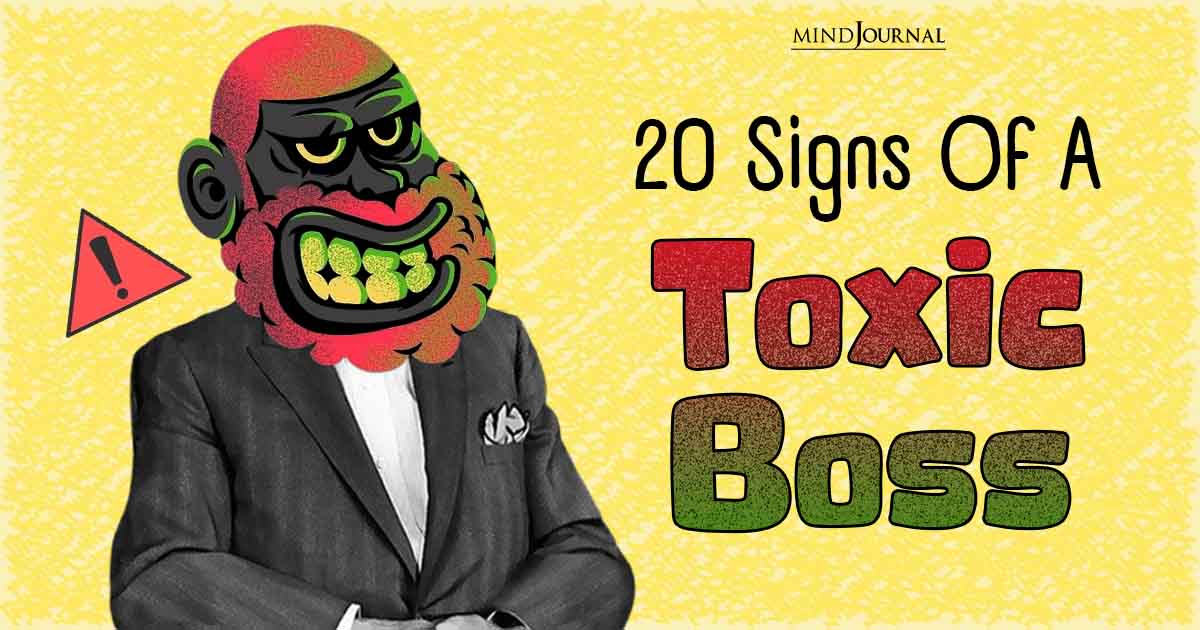They say your co-worker can be your biggest enemy, but this doesn’t have to be true. By following a few simple rules for workplace friendships, you can build lasting and supportive relationships with your colleagues.
However, these relationships come with their own set of challenges that require careful navigation. Here are some do’s and don’ts to help you find a buddy for life and cherish your work relationships more.
Understanding Workplace Friendship Dynamics

Here are a few helpful points to understand workplace friendship dynamics:
Definition of workplace friendships
As per research, workplace relationships are interpersonal and non-exclusive relationships at an organization where shared values, affection, commitment, and trust are involved.
Thus, these friendships often involve sharing personal experiences, providing mutual support, and spending time together outside of work-related activities.
Benefits and challenges
Workplace friendships can make your job more enjoyable, support you during midlife crises and boost your motivation. However, they can also lead to tricky situations, like conflicts of interest or feeling pressured to take sides. It’s a balance!
Some benefits of workplace friendship can be:
- Increased job satisfaction
- Enhanced collaboration
- Workplace social support
- Better engagement
- Improved communication
A few challenges can be:
- Potential favoritism
- Conflict of interest
- Gossip and confidentiality
- Distraction from work
- Boundary issues
Read More: 10 Tips On How To Cope In A Job You Hate And Protect Your Mental Health
Impact on productivity and workplace culture
These friendships can ensure that you are getting workplace social support. A perfect workplace buddy can enhance collaboration and create a more enjoyable work atmosphere. But, if not handled well, they can become distractions or even create a negative vibe in the office.
Do’s of Workplace Friendship

Happiness in the workplace is highly important because it is the driving force for their productivity. Apart from the recreational activities in the workplace day to day life can also be very energetic and affirmative with colleague companionship.
Though there are no hard and fast rules to become friends with your colleagues, you can follow some basic to-do’s to make your workplace relationships happen. Here you go:
1. Establishing Boundaries
Establishing boundaries is highly important in professional peer connections. It helps you to thrive in your own way in a professional environment without harming anyone or letting anyone intrude on your personal space.
Read More: Tips for setting boundaries at work
2. Cultivating Trust and Respect
Trust and respect are the bedrock of strong professional peer connections. Be reliable, keep confidence, and respect your friend’s professional roles and responsibilities.
You can also try to help your peers genuinely so that they can trust you and get relief from professional hurdles. And we all know, “A friend in need is a friend indeed”!
3. Supporting Each Other’s Professional Growth
Encourage your friends to pursue their career goals. Share opportunities for development, give constructive feedback, and celebrate their successes.
Every professional setup can be a bit challenging for any of us at any point in time. It is the supportive colleagues who make the journey smoother and goals attainable.
4. Maintaining Professionalism
Always maintain a level of professionalism, even in friendly interactions. This includes being respectful, avoiding inappropriate behavior, and ensuring that personal relationships do not affect professional decisions.
Impulsive office friendship dynamics sometimes can cause trouble in regular work however, with mindful practices you can definitely become a happy and productive employee in your office.
Don’ts of Workplace Friendship

As you now can build a great colleague companionship with the tips mentioned above, here are some points you should consider avoiding:
1. Avoiding Favoritism
Favoritism can create a toxic work environment and lead to resentment among colleagues. Treat all team members fairly and avoid giving preferential treatment to friends.
Moreover, the existence of favoritism in the workplace can significantly decrease the productivity rate in any organization. Therefore, every employee should show a friendly attitude towards each other without being blindly partial to anyone,.
Read more: How to deal with favoritism at work.
2. Gossiping or Sharing Confidential Information
Your peers have their flaws and virtues. They are not perfect in every way. They may need professional, emotional, financial, or physical assistance from you at their tough times. However, being a responsible colleague you should not gossip about your peer’s vulnerabilities.
Sharing confidential information or unnecessary gossiping can destroy trust and decrease your reputation. Keep personal conversations professional and private matters out of your tea-table discussion at the workplace.
3. Allowing friendships to interfere with work responsibilities
Ensure that your friendships do not interfere with your work duties. Prioritize work tasks and commitments over personal interactions during work hours.
Maintaining discipline is necessary in this regard. You can chalk out a routine that you and your colleagues will follow to enjoy each other’s company without disrupting your daily obligations.
4. Overstepping Boundaries
You can only get corporate friendship benefits if you maintain a healthy boundary with your colleagues. Otherwise, you may face unnecessary troubles that will not only affect your professionalism but also your private life.
You also have to be mindful of your colleagues’ personal space and boundaries. Breaking boundaries can lead to conflict and discomfort.
Strategies for Navigating Office Friendship Dynamics
Workplace friendship can be more fulfilling with the following strategies:
1. Communication is Key
Effective communication is essential in maintaining healthy workplace friendships. Stay open-minded regarding your expectations and try to be swift in addressing issues. Explore different communication styles at work.
2. Setting Clear Expectations
Set clear expectations regarding your friendship and professional roles. This guarantees that everyone is on the same page and helps avoid misunderstandings.
3. Balancing Social Interactions with Work Priorities
Find a balance between social interactions and work responsibilities. Ensure that your friendships do not detract from your professional performance.
4. Resolving Conflicts Maturely
Address conflicts maturely and professionally. Approach disagreements with a problem-solving mindset and seek to understand each other’s perspectives. Learn how to turn workplace conflicts into opportunities.
Takeaway
So, your workplace buddy can be the best support for your professional development and also the reason for your everyday happiness, like other friends.
All you have to do is navigate your relationship in the right way so it does not interrupt your daily work, your or your colleagues’ personal space, or your overall growth.
Effective communication and clear boundaries are key to maintaining these friendships without compromising your professional responsibilities.
Share your thoughts in the comments below!
Frequently Asked Questions (FAQS)
1. Is it good to make friends in the office?
Yes, making friends in the office can lead to increased job satisfaction, a supportive work environment, and enhanced collaboration.
2. How to set boundaries for workplace friends?
Setting boundaries depends on your professional and personal limits. You have to communicate professionally regarding your thoughts.
3. How to handle conflict with workplace friends?
Handle conflicts with workplace friends by communicating openly, addressing issues promptly, and seeking to understand each other’s perspectives. You should have a problem-solving mindset for this.
4. What are the drawbacks of workplace friendships?
Drawbacks of workplace friendships include potential conflicts of interest, favoritism, gossip, and the risk of personal issues affecting professional relationships.









Leave a Reply
You must be logged in to post a comment.